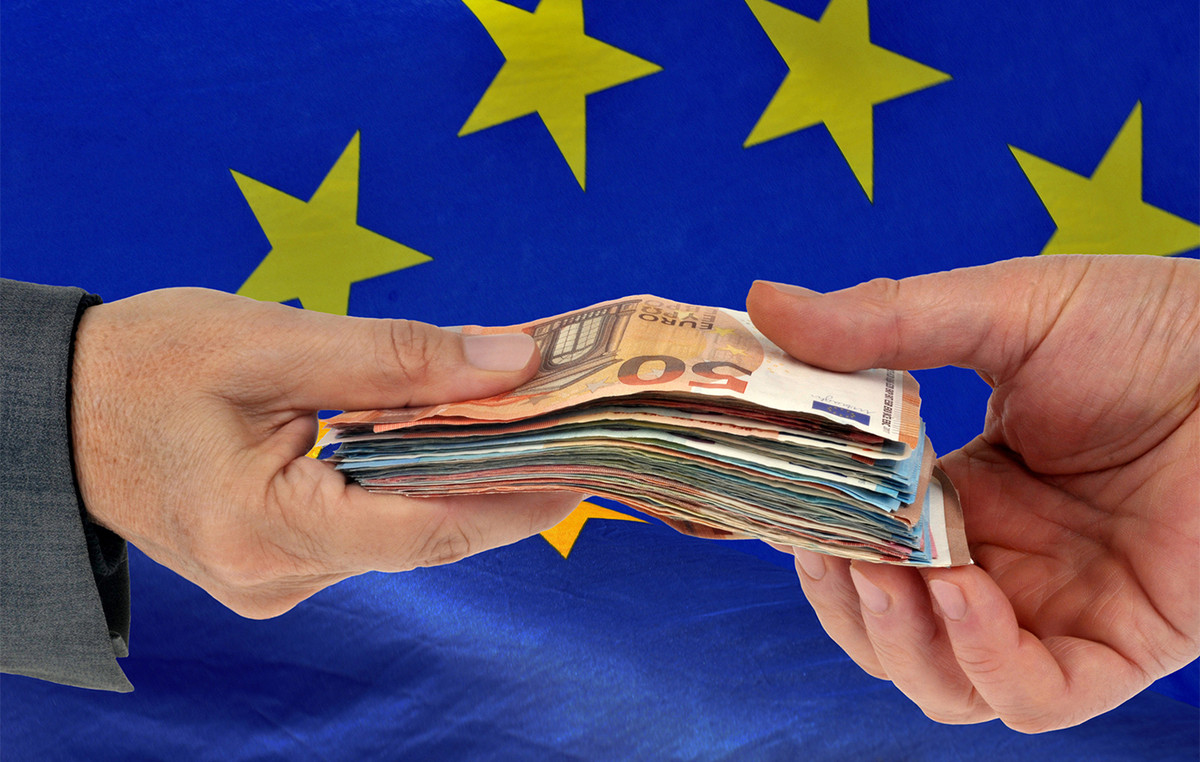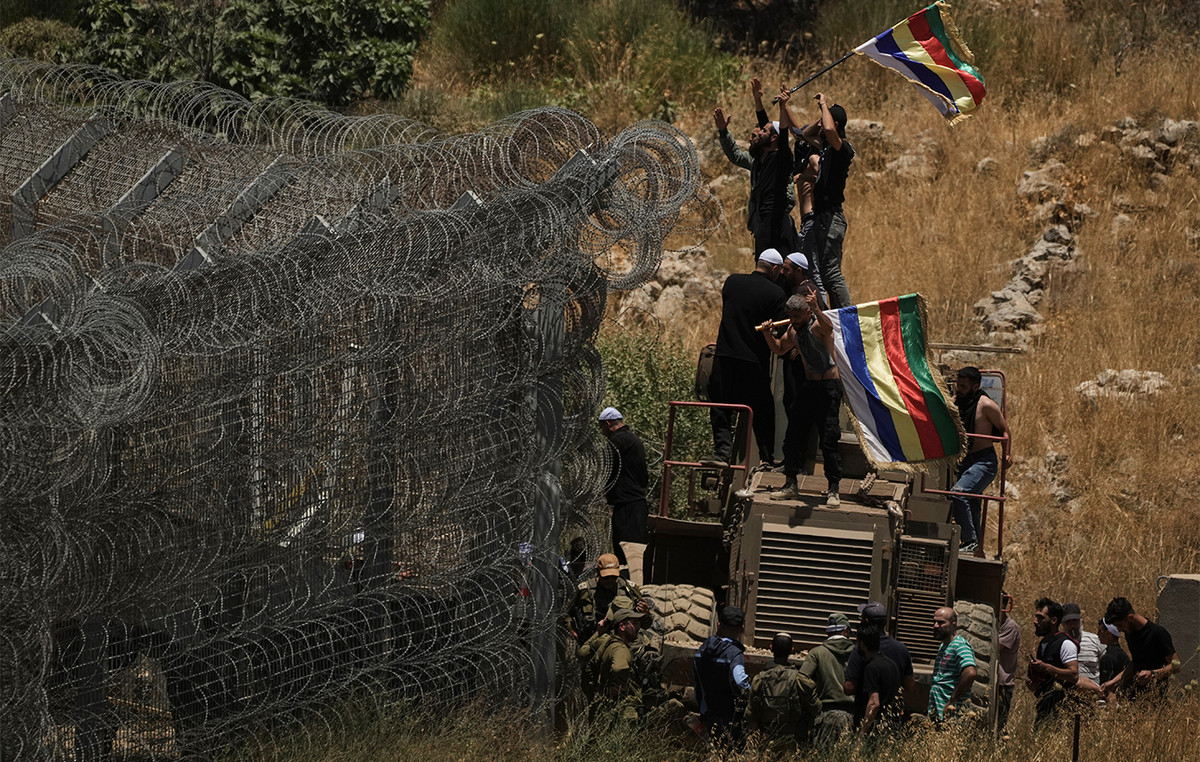By Hal Brands
The administration of US President Joe Biden is reportedly reviewing the National Security Strategy, which the White House is required to send to Congress annually, to take into account the lessons of the war in Ukraine. One issue that this paper should consider is food.
The war in Ukraine has brought the geopolitics of food into the headlines because Russian President Vladimir Putin has used hunger as a weapon against Kiev and much of the world. Putin is teaching a lesson in how geopolitical insecurity can cause food insecurity, which can then exacerbate a whole host of problems around the world.
A recent report by the UN Food and Agriculture Organization contains important information. The number of undernourished people in the world increased by perhaps 150 million between 2019 and 2021, largely due to the coronavirus pandemic. In 2020, moderate or severe food insecurity increased by about as much as in the previous five years combined. Almost 3.1 billion people could not secure a healthy diet. According to some estimates, the number of people on the brink of starvation has increased tenfold since 2019. The war in Ukraine has exacerbated this problem.
The Russian blockade has “trapped” Ukrainian grain that normally feeds millions of people around the world, hitting especially hard developing regions such as the Middle East and Africa. Western sanctions have made it difficult for global customers to buy Russian fertilizers. Higher energy and shipping costs are also driving up food prices.
(It is noted that last month Russia-Ukraine signatures dropped for the export of millions of tons of Ukrainian grain and fertilizers through the Black Sea)
The World Food Program estimates that in 2022 an additional 47 million people may be acutely food insecure, meaning they will not be able to have enough food to live a healthy and productive life. In Somalia, Yemen, Sudan and other countries, starvation deaths are rising as scarce aid dollars are diverted to Ukraine. Don’t count on this impact to pass quickly. The situation could worsen if a protracted war disrupts Ukrainian harvests.
Famine, argued the economist Amartya Sen, is a product of political pathologies. Don’t be fooled: Putin is using the famine to serve his political purposes.
Russia aims to isolate Ukraine from its international backers, creating waves of global unrest that will eventually make Kiev’s supporters weary of the struggle.
Don’t underestimate the global impact. Severe famine in the Middle East and North Africa could create refugee flows that will further unsettle Europe’s politics and exacerbate its internal divisions. Food shortages can cause mass displacement in already crowded cities, create misery that extremist groups exploit, and cause violence and instability.
US Secretary of State Anthony Blinken, for example, blamed Russian policy for worsening food shortages that caused the downfall of the Sri Lankan government.
Putin’s strategy could eventually succeed, prompting Kiev’s less committed supporters to demand concessions from Ukraine. It could also fail disastrously, prompting Washington and other Western countries to “break” Putin’s Black Sea blockade by force. Or it could simply cause further political and strategic turmoil in a world that was not particularly stable before.
It certainly wouldn’t be the first time food and geopolitics have interacted with significant impact. The Russian Revolution of 1917 occurred when World War I had overwhelmed an inadequate railway system and made it impossible to feed an enraged population. This revolution, in turn, took Russia out of the war, also “unleashing” an ideology, communism, that helped make the 20th century the bloodiest in history.
A few years later, the Arab Spring was triggered in part by rising food prices, which caused mass unrest. Military and political turmoil in the Middle East has yet to fully subside, with civil wars in Syria and Libya among other impacts. Food insecurity and international insecurity go hand in hand. Or, as my Johns Hopkins colleague Jessica Fanzo has written, “without food security, there is no world order.”
There are things that governments and international organizations can do to mitigate the problem: Increasing agricultural yields, prioritizing the production of food necessary for a healthy diet, strengthening emergency support for the poor, and channeling more international aid to affected populations. The US is trying to increase Ukrainian grain exports by using land and waterways to transport them through neighboring countries and then abroad. However, doing so would likely release only a small portion of Ukrainian grain seized by Russian forces.
The root of the problem in Ukraine is not technocratic but geopolitical: A ruthless tyrant is squeezing global food supplies in hopes of isolating and then conquering its neighbor. The US and other democracies have not figured out how to solve this problem, which may be an omen of how food and conflict will increasingly interact in a fragmented world.
Source: Bloomberg
I’m Ava Paul, an experienced news website author with a special focus on the entertainment section. Over the past five years, I have worked in various positions of media and communication at World Stock Market. My experience has given me extensive knowledge in writing, editing, researching and reporting on stories related to the entertainment industry.







